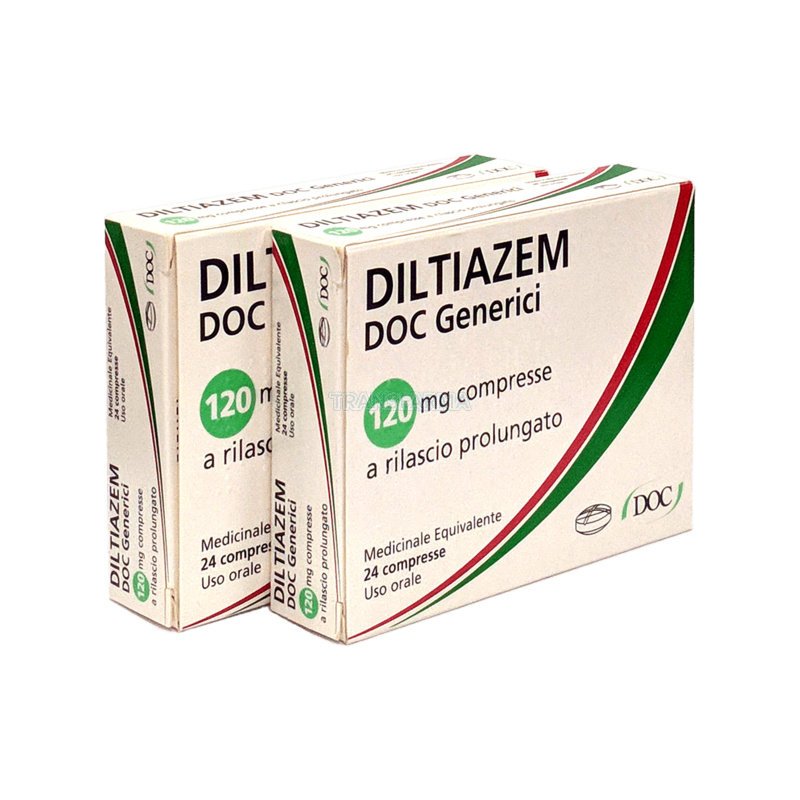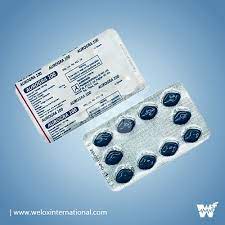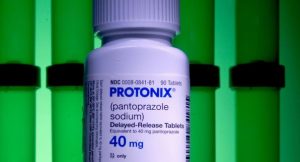Diltiazem

GENERIC NAME: diltiazem
BRAND NAMES: Cardizem, Dilacor, Tiazac
DRUG CLASS AND MECHANISM:
Diltiazem belongs to a class of medications called calcium channel blockers. These medications block the transport of calcium into the smooth muscle cells lining the coronary arteries and other arteries of the body. Since calcium is important in muscle contraction, blocking calcium transport relaxes artery muscles and dilates coronary arteries and other arteries of the body. By relaxing coronary arteries, diltiazem is useful in treating and preventing chest pain (angina) resulting from coronary artery spasm. Relaxing the muscles lining the arteries of the rest of the body lowers blood pressure, which reduces the burden on the heart as it pumps blood to the body. Reducing heart burden lessens the heart muscle’s demand for oxygen, and further helps to prevent angina in patients with coronary artery disease. For more detailed information related to coronary artery disease, please read articles: Cholesterol and Heart Attack. Diltiazem can decrease electrical conduction in the heart and slow heart rate.
About Diltiazem

This new site is dedicated exclusively to diltiazem.
It provides you with the most extensive product information and up-to-date resources regarding this medication, including related news articles, medical studies, an image library and all the necessary information on dosage and side effects.
Whether you are an average consumer or a pharma industry professional, you can now find out everything you need to know about diltiazem, as well as take part in our open discussion forum by sharing your own knowledge and experiences with people who are using this medication.
This unique site will also offer you inside industry news on which companies or organizations are playing an important part in its research, development, production and promotion. It is your one-stop site for a total diltiazem experience!
Why is this medication prescribed? Diltiazem is used to treat several medical conditions, including hypertension (high blood pressure), angina (chest pain), and even to slow unusually fast heartbeats.
Diltiazem is in a class of drugs called calcium channel blockers. It works by relaxing (widening) your blood vessels (veins and arteries), which in turn makes it easier for your heart to pump and reduces the workload on it.
Some of the brand names that diltiazem is marketed under include Cardizem®, Cartia XT®, Tiazac®, and Tiamate®.
Other information
PRESCRIPTION: yes
GENERIC AVAILABLE: yes
PREPARATIONS: tablets (30, 60, 90, and 120 mg.), sustained release SR capsules (60, 90, and 120 mg), extended release CD capsules (120, 180, 240, and 300 mg)
STORAGE: Store at room temperature in tightly closed container.
PRESCRIBED FOR: Chest pain (angina) occurs because of insufficient oxygen delivered to the heart muscles. Insufficient oxygen may be a result of coronary artery blockage or spasm, or because of physical exertion which increases heart oxygen demand in a patient with coronary artery narrowing. Diltiazem is used for the treatment and prevention of angina resulting from coronary artery spasm, as well as from exertion. Diltiazem is also used in the treatment of high blood pressure. By slowing electrical conduction in the heart, diltiazem has been used in treating abnormally fast heart rhythms, such as atrial fibrillation.
DOSING: Diltiazem may be taken with or without food. Since diltiazem is excreted by the kidney and metabolized by the liver, dosages may need to be lowered in patients with liver or kidney dysfunction.
DRUG INTERACTIONS: Diltiazem slows heart electrical conduction, and can cause a dangerously slow heart rate in patients with existing electrical conduction disease of the heart. Concurrent use of diltiazem with a beta blocker (another class of medications that slow heart rate) can occasionally cause profound heart slowing. Diltiazem can aggravate heart failure and cause excessive lowering of blood pressure.
Administration of diltiazem with digoxin can increase digoxin blood levels. Therefore, blood levels of digoxin are usually monitored to avoid toxicity. Similarly, concurrent administration of diltiazem with an anti-seizure medication carbamazepine (Tegretol) can increase blood levels of the seizure medication, and occasionally lead to toxicity. Concurrent administration of cimetidine (Tagamet) interferes with the liver breakdown of diltiazem, and significantly increases diltiazem blood levels. Therefore, cautious dosing is necessary when both medications are administered. Safety in children has not been established.
PREGNANCY: Generally, diltiazem is avoided in pregnancy.
NURSING MOTHERS: Generally, diltiazem is avoided in nursing mothers.
SIDE EFFECTS: Side effects are generally mild and transient. Diltiazem can cause difficulty breathing or wheezing as a result of worsening heart failure. It can cause dizziness, weakness or fainting because of slow heart rate or low blood pressure. Other side effects include swelling of the lower extremities, rash, headache, and constipation. Diltiazem can also cause mildly abnormal liver tests that are generally reversible with discontinuation of the medication.







